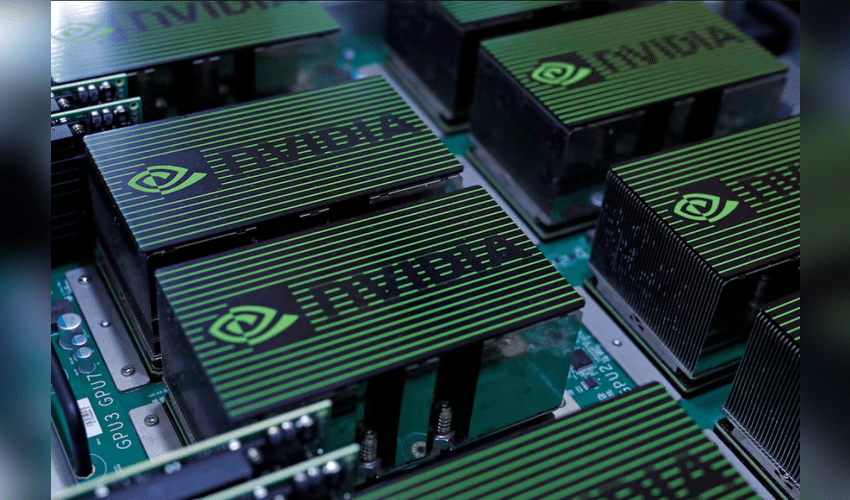Technology
Nvidia and AMD must give fifteen percent of China chip sales to the US

On August 10, Reuters reported that Nvidia and AMD have agreed to give the US government fifteen percent of revenue from sales to China of advanced computer chips, such as Nvidia’s H20, used in artificial intelligence applications, according to a US official. The Trump administration had stopped sales of the H20 to China in April, but last month Nvidia announced that the US had approved resuming sales, with deliveries expected soon. Another US official said on Friday that the Commerce Department had started issuing licenses for H20 chip sales to China.
When asked about the fifteen percent payment, a Nvidia spokesperson said the company follows US government rules for global market participation. They added that while H20 shipments to China had been halted for months, they hoped export control rules would allow the US to compete in China and globally. AMD did not comment, and the US Commerce Department and China’s foreign ministry did not respond to requests for comment.
China is a major market for both companies. Nvidia earned seventeen billion dollars from China in the fiscal year ending January 26, representing thirteen percent of its total sales, while AMD made six point two billion dollars from China in 2024, or twenty-four percent of its revenue. The Financial Times reported the agreement was a condition for obtaining export licenses for the chips, including AMD’s MI308. The Trump administration has not yet decided how to use the money. Geoff Gertz, a senior fellow at the Center for New American Security, questioned the logic, noting that if selling the H20 is a national security risk, sales should stop entirely, and if it is not a risk, there should be no extra penalty.
US Commerce Secretary Howard Lutnick said last month that allowing sales of AI chips like the H20 was part of negotiations with China to secure rare earth supplies, describing the H20 as Nvidia’s “fourth-best chip.” He argued it was in US interests for Chinese companies to use American technology, even if the most advanced chips remained banned.
The US official said the administration did not believe H20 and similar chip sales harmed national security, though the timeline and implementation details of the agreement remain unclear. Alasdair Phillips-Robins, a former Commerce Department adviser under President Biden, criticized the deal, saying it suggested the administration was trading national security protections for Treasury revenue.



